Graham Reid | | 2 min read
Charles Mingus: Open letter to Duke (from Mingus Ah Um)
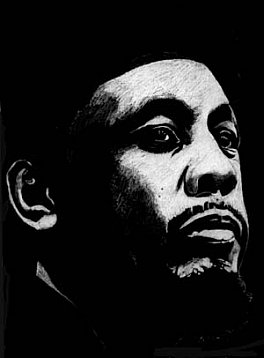
Charles Mingus was one of jazz's greatest geniuses and remains among the most misunderstood. Irascible and demanding, his personality and roguish reputation often tower larger than his inspired music.
The respectful Columbia Legacy
reissue in '99 of two of his late Fifties albums – Mingus Ah Um and
Mingus Dynasty – restored the genius part of this bassist/composer
back into the mainframe. And, helpfully, they came with the original
lines notes and excellent; explanatory essays by Mingus’ biographer
Brian Priestley, plus the now-obligatory bonus tracks.
Both albums – from early '59 and
later that year respectively – are taken from the tapes of the
unedited 1979 versions of the original albums.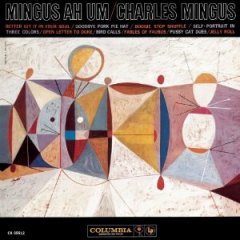
Mingus Ah Um is essential in any
halfway-decent jazz collection. With altoist John Handy, tenor player
Booker Ervin and others, Mingus’ compositions reflected his
maturity (he was nearing 40) and his assimilation of various threads
of the Afro-American experience. There are touches of gospel and
soul, the bands swing like a pendulum on Prozac, the compositions nod
to Duke Ellington and Jelly Roll Morton, and the whoops and yells
betray the sheer joy the musicians had in discovering this
sophisticated but often earthy music.
The purity of the saxophones' tones has
had few equals in jazz and these digitally remastered recordings
bring out the warmth (try the delicate phrasing and orchestration of
Self-Portrait in Three Colours) or bite (the snapping swing of Open
Letter to Duke).
There are a swag of Mingus classics on
Ah Um: the uplifting Better Git It In Your Soul, the memorable
Goodbye Pork Pie Hat (now a jazz standard), Bird Calls, the trombone
wooziness of Fables of Faubus . . . if you only ever buy one Mingus
album, this should be it.
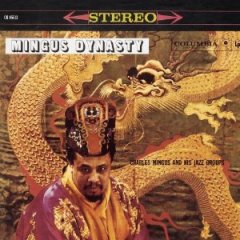 Mingus Dynasty is slightly uneven,
although Mingus’ compositional ability to write seemingly
contradictory parts which meld into a unique and distinctive whole
are to the fore in material like his arrangement of Mood Indigo.
Mingus Dynasty is slightly uneven,
although Mingus’ compositional ability to write seemingly
contradictory parts which meld into a unique and distinctive whole
are to the fore in material like his arrangement of Mood Indigo.
The album opens with the swaying and
funky Slop (which sounds ripe for sampling) and the beautifully
orchestrated ballad Diane – both recalling the openers on Ah Um in
mood and intent.
Later there’s a fiery tribute to
Charlie Parker in Gunslinging Bird and the avant-orchestrations of
Far Wells, Mill Valley. The musicians again include trombonist Jimmy
Ervin and Handy, with tenor player Benny Golson and Roland Hanna on
piano.
In the Mingus reissue series there was also an
Alternate Takes album (Better Git, Bird Calls, Diane and others)
which is fascinating but perhaps the domain of the true Mingus
aficionado.
Charles Mingus was powerful and swaggering (his
novelistic “autobiography” Beneath the Underdog still raises
hackles and some shivers at his sexual braggadocio) but he was also a
composer of undeniable genius.
Here’s the evidence.
There is also a Mingus collection at Essential Elsewhere here.

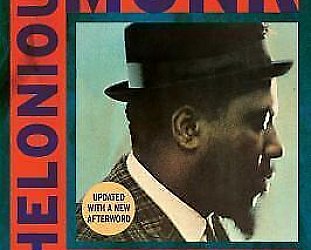
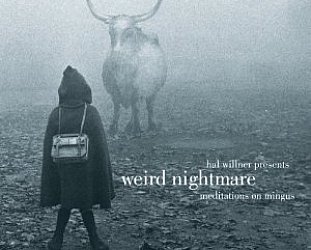


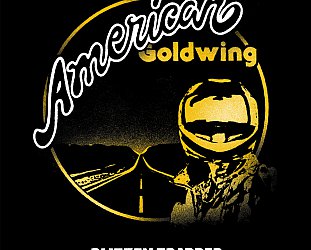
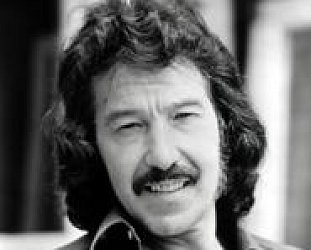
post a comment